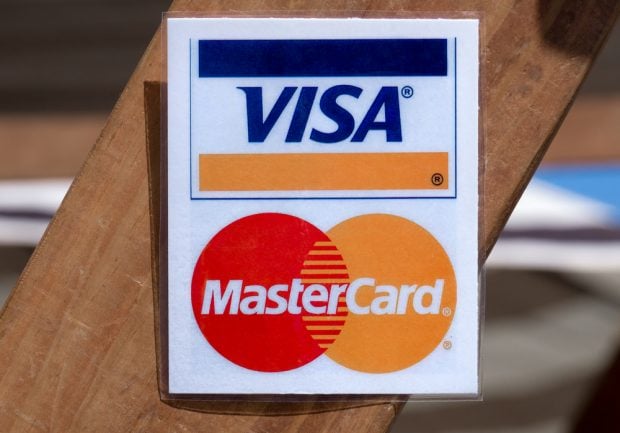Debit rewards programs at big institutions may be few and far between, but industry experts said they're rapidly becoming the new secret weapon for credit unions interested in snagging market share.
The trigger was the Durbin Amendment, which is part of the Dodd-Frank Act. It capped the interchange rates that financial institutions with $10 billion or more in assets can earn. When Durbin took effect in 2011, many large financial institutions promptly dropped their debit rewards programs to make up for the lost interchange revenue. That's created what some say is a huge opportunity for credit unions like the Mansfield, Texas-based Texas Trust Credit Union and everybody else below the $10 billion threshold.
"If we can use those rewards and get more members in the door and keep our number of active debit cards going up, that's a positive for us," Texas Trust president/CEO Jim Minge said.
Complete your profile to continue reading and get FREE access to CUTimes.com, part of your ALM digital membership.
Your access to unlimited CUTimes.com content isn’t changing.
Once you are an ALM digital member, you’ll receive:
- Critical CUTimes.com information including comprehensive product and service provider listings via the Marketplace Directory, CU Careers, resources from industry leaders, webcasts, and breaking news, analysis and more with our informative Newsletters.
- Exclusive discounts on ALM and CU Times events.
- Access to other award-winning ALM websites including Law.com and GlobeSt.com.
Already have an account? Sign In
© 2024 ALM Global, LLC, All Rights Reserved. Request academic re-use from www.copyright.com. All other uses, submit a request to [email protected]. For more information visit Asset & Logo Licensing.









